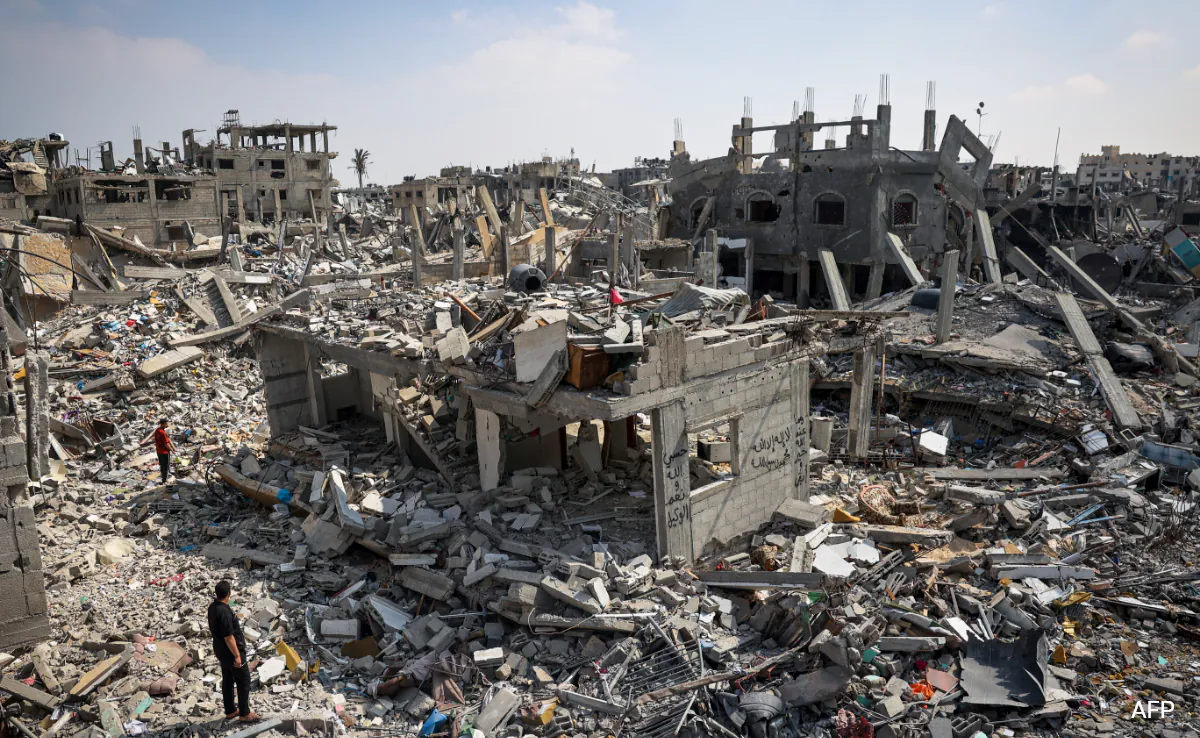Already a subscriber? Make sure to log into your account before viewing this content. You can access your account by hitting the “login” button on the top right corner. Still unable to see the content after signing in? Make sure your card on file is up-to-date.
Hamas has announced that it has submitted a “positive” response to a US-backed ceasefire and hostage release proposal.
Some shit you should know before you read: If you’re unaware, earlier this week President Trump announced that Israel agreed to a US-backed proposal for a 60-day ceasefire in Gaza, marking a significant development in ongoing efforts to halt the nearly two-year conflict. Trump revealed the agreement on Truth Social following high-level meetings between his administration and Israeli officials in Washington. He said that the proposal included a phased hostage release and called on Hamas to accept the terms, warning that the opportunity for peace “will not get better — IT WILL ONLY GET WORSE.” The plan was brokered in coordination with mediators from Qatar and Egypt.

What’s going on now: In a notable development, Hamas announced on Friday that it had delivered a “positive” response to the US-backed ceasefire and hostage release proposal, expressing its readiness to engage in immediate negotiations. “The movement has delivered its response to the brotherly mediators, which was characterized by a positive spirit,” Hamas said in a statement. “Hamas is fully prepared, with all seriousness, to immediately enter a new round of negotiations on the mechanism for implementing this framework.” Despite the optimistic tone, Hamas’s response included three significant reservations: it demanded that negotiations for a permanent ceasefire continue beyond the 60-day truce period regardless of progress, insisted on the resumption of unrestricted humanitarian aid through United Nations-backed channels, and called for the full withdrawal of Israeli forces to positions held prior to the collapse of the March ceasefire.
The ceasefire proposal accepted by Israel calls for a 60-day pause in hostilities, during which Hamas would release 10 living hostages and return the bodies of 15 others. These releases would be staggered over five phases, with additional negotiations expected to take place during the truce to lay the groundwork for a permanent cessation of fighting. Israel agreed to the plan on the condition that it could resume military operations if Hamas did not comply or negotiations stalled, a stipulation Hamas is challenging. Hamas has also objected to restrictions on aid delivery, particularly the use of the US- and Israeli-backed Gaza Humanitarian Foundation, and it seeks alternative mechanisms supported by international organizations.
Israel’s initial reaction to Hamas’s response has been cautious. Officials confirmed they received the group’s reply and were reviewing it in detail, but significant pushback is expected on all three of Hamas’s reservations.







